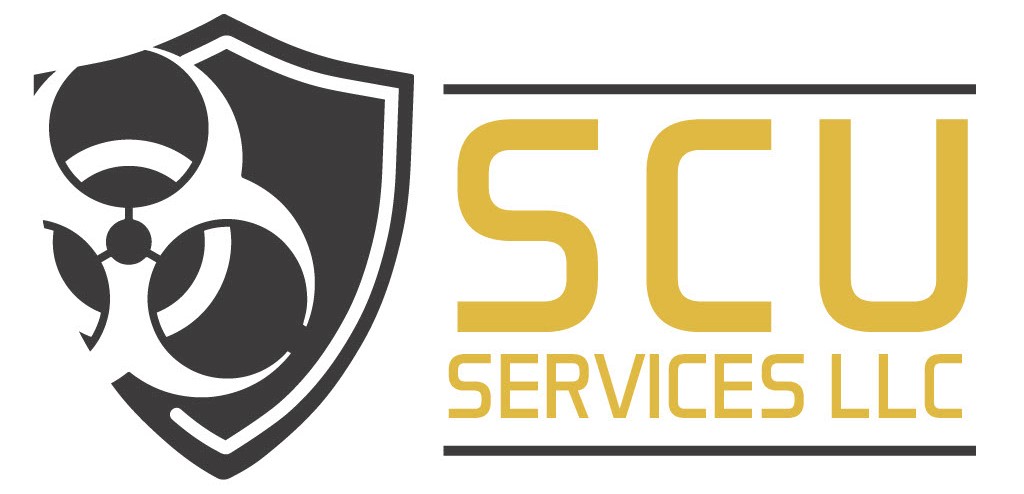Discovering a suicide can be deeply distressing, especially for family members. If a suicide occurs on your property or elsewhere, it’s crucial to understand how to handle the cleanup responsibly. Here’s a simplified guide:
What is Involved in Cleaning a Suicide?
Cleaning after a suicide involves safely handling and removing biohazardous waste. Biohazard is any blood, bodily fluids, and feces that may contain a bloodborne pathogen that is dangerous to one’s health.
7 Steps to Take when Discovering a Suicide:
- Call the Police: Inform law enforcement to conduct an investigation. Make sure the scene is released before you move on to the next step.
- Consider Hiring Experts: Cleaning biohazardous remains is complex and dangerous; professionals have the necessary gear and expertise. They are also trained to communicate and deal directly with homeowner’s insurance to get you the most money for the damages.
- Proper Cleanup: If you opt to do it yourself, ensure you have protective gear and biohazard-specific cleaning materials. It’s vital for you to make sure you remediate all biohazard both seen and unseen.
- Dispose of Biohazard Waste: This needs to be done according to regulations in your state.
- Decontaminate Equipment: Clean all tools used for cleanup to avoid contamination.
- Seek Medical Attention: If you encounter any infectious material, seek medical help immediately.
- Get Support: If you’re struggling with grief or emotional distress, reach out to organizations like the Suicide Prevention Hotline for assistance.
Reporting a Suicide or Unattended Death:
Contact the authorities for a thorough investigation. It’s also essential to inform the victim’s family, as they may provide valuable information and insight. If you are a property owner, it is important that the scene is safe and removed of biohazard before they get belongings.
Hiring Professionals for Cleanup:
Biohazard cleanup experts can handle the entire process, from removing hazardous materials to dealing with insurance claims. A quality biohazard company should be fully transparent, honest, and certified to professionally clean. You should be updated throughout the process and have a peace of mind knowing that they will do their job with excellence. Do not be afraid to ask questions, you are in control.
Homeowners’ Insurance Coverage:
Most homeowners’ insurance policies not only cover the cost of suicide cleanup, they also cover personal property damage and renovation costs needed to restore the home back to the original condition. Most people are unaware of this important and crucial fact.
Cost of Biohazard Cleanup:
The cost varies based on the extent of damages from the biohazard. Oftentimes, you are seeing the tip of the iceberg and the real issue is underneath. Some situations may require the removal of carpets, tiles, or drywall, which can increase the cost. Remember that insurance may cover these expenses.
Guidelines for Suicide Cleanup:
For comprehensive information on handling suicide cleanup, refer to this resource.
In challenging times, it’s crucial to prioritize safety and emotional well-being. Professional assistance can make the process more manageable and ensure a thorough cleanup.
